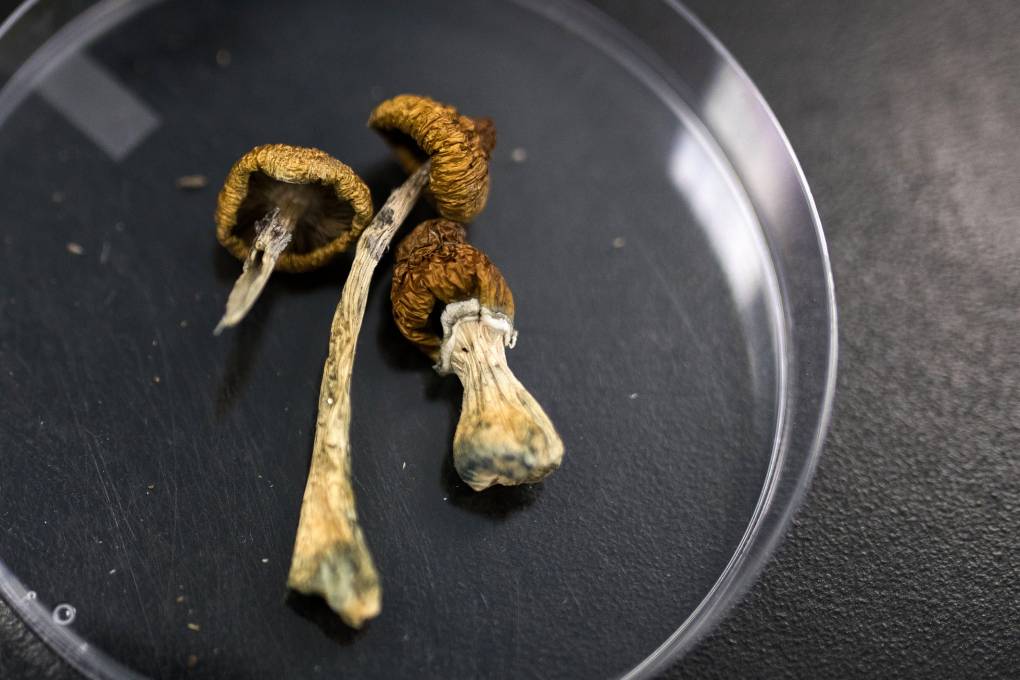Last year, Gov. Gavin Newsom vetoed a bill to decriminalize the possession and personal use of hallucinogenic drugs, citing the need for more rigorous guidelines to ensure safe use. Similarly, this spring, federal health advisors decisively rejected MDMA-aided therapy for post-traumatic stress disorder in a 10-1 vote, citing flawed study data, questionable research practices and significant drug risks, including potential heart complications.
Despite these setbacks, advocates remain undeterred, pushing for more targeted initiatives. State Senate Minority Leader Brian Jones (R-San Diego) and Sen. Josh Becker (D-Menlo Park) have introduced legislation for a three-year psychedelic therapy pilot program in San Francisco, Santa Cruz, and San Diego counties, focusing on veterans and first responders.
“To be clear, I’m not calling for the widespread legalization of psychedelic drugs. Rather, I’m championing a targeted medical treatment aimed specifically at aiding veterans and first responders in their recovery,” Jones said in a statement.
Psilocybin, belonging to the same class of psychedelics as LSD and mescaline, activates serotonin receptors, particularly in the prefrontal cortex. Its effects can include euphoria and hallucinations, spiritual experiences, panic and feelings of detachment.
“Psychedelics have always seemed like an interesting, extreme case of how the brain can create really fantastical and amazing visual representations,” said Sean Noah, a UC Berkeley postdoctoral researcher. “I think there’s a lot of unexplored potential in using psychedelics as tools to understand how the brain constructs our visual representation of the world and how the brain is related to consciousness in general.”
As researchers in the UC Berkeley study enroll volunteers and begin screening participants, they hope their efforts will solidify the scientific credibility of psilocybin. The recent policy setbacks indicate legislators are not convinced by current evidence, but further clinical trials can help pave the way for more informed policy decisions as advocates continue to push for legalization.
“The knowledge we gain from this foundational research will be essential for harnessing the therapeutic potential of psychedelics and improving mental health outcomes for countless individuals in need,” Silver, the study’s lead investigator, said in an email.


